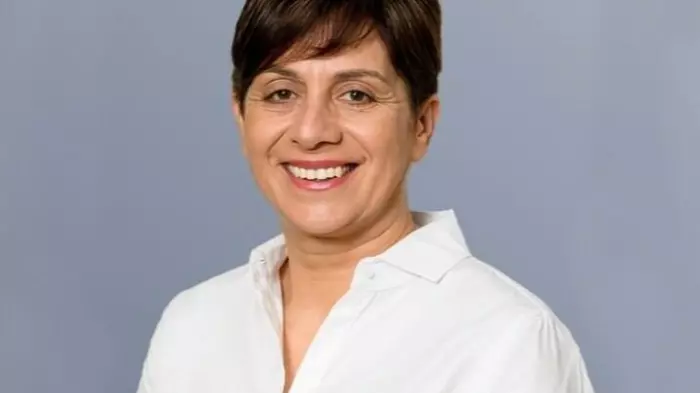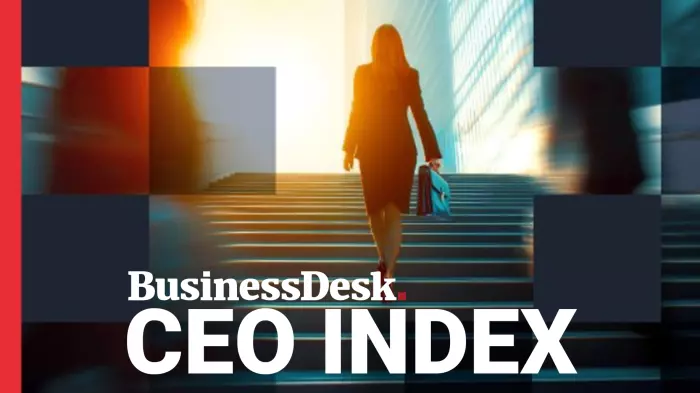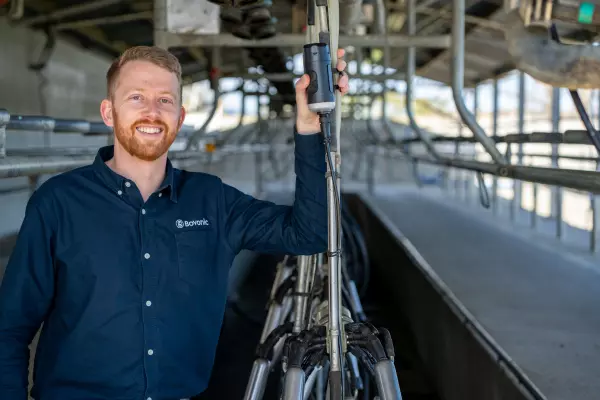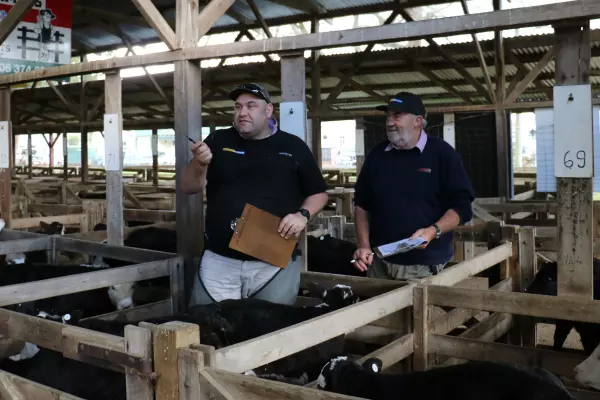BusinessDesk has partnered with Milford on a special broadcast for International Women’s Day, focused on Women and Wealth. It will run on our homepage at 7pm on Wednesday, March 8. In this partner content article, Milford's Kate Tyro looks at the issues around women and investing.
Thanks to the pioneering trailblazers who took their place at the board table before us, workplace gender inequality for women is widely accepted as an imbalance that society is slowly intervening to redress.
Yet, despite this progress, women remain underrepresented among investors, and behind their male counterparts when it comes to achieving financial success.
According to research done by the Financial Services Council of New Zealand in 2021, 60% of women surveyed rated their investing literacy as low, compared with 40% of men.
The report Money and You – Women and Financial Wellbeing in New Zealand showed that only 38% of women felt very or reasonably prepared for retirement, compared with more than half of the male respondents.
More than 80% of women rated their financial wellbeing as moderate, low or very low.
Breaking through the barriers that hold back women from creating wealth and achieving financial freedom starts with understanding those barriers – an area of research still in its infancy.
The basics are well-documented, including the unique challenges that have an impact on a woman’s wealth trajectory, such as the wage gap, time away from work as primary caregiver of children or elderly parents, and longer life expectancy.
Access to information
Another known barrier is a lack of confidence to make informed financial decisions and a shortage of access to relevant information.
Research done by Milford Asset Management in late 2022* showed that women clients who started investing with little knowledge of the financial landscape soon gained confidence through information, online tools and advice.
Significant change will take time, although, at a high level, we see reasonable gender balance among Milford’s clients:
- Of KiwiSaver clients, 45% are women.
- A total of 33% of Investment Fund account holders are female, compared with 38% male (29% unspecified).
- Significantly, 42% of Private Wealth clients are women, compared with 51% men (7% unspecified).
Liz Greive, investor and founder of Share my Super, understands only too well the boundaries that have beset women in the world of investing.
“At the time we started putting funds aside, 25 years ago, I think the culture was that this was men's work.
"At first, I didn't go to the meetings with our financial adviser, and then I thought, ‘You know, I'm being left out in the cold here’.
"Even though I'd always run our household finances, supervised quite big building projects and run my own successful consultancy business, I was excluded.”
When she did start attending the meetings, Greive admits the lack of investment knowledge available to women was a barrier.
“My opinion wasn't asked for and I basically just sat and listened and found it all totally bamboozling. I never had the confidence to say, 'I don't understand this'. So, I started the journey of learning about investing.”
It’s a different landscape today with more women feeling confident to seek financial advice.
Half of Milford’s 180 employees are women and 42% of the Milford financial adviser team are women versus the national average of 22.5% (research out of the University of Otago and RMIT University, Melbourne).
“There is a role for finance houses to ensure they take responsibility to engage with both partners [in a relationship], and that both partners are involved in the decision-making,” says Greive.
“We need to think about upskilling women, but also increasing their financial knowledge, competence and confidence.
“The benefits won't be seen immediately. But having women involved in financial decision-making is going to be beneficial for the investment, just in the same way that women on boards bringing diversity to boards is beneficial.
“Investment houses and financial advisers should make it easier and more comfortable for women to be included and engaged in the investment process and in these conversations. They should be encouraged to feel that they have a right to be there.”
As a country where women in leadership are common, compared with much of the rest of the world, NZ is uniquely placed to lead this investing revolution, she suggests.
“Normalisation of investing among younger women will start to develop when they see other women visible in the investing world,” says Greive.
“All the young people I know have more confidence in finance, they may be more exposed to it in their career paths.
“I also think where there is joint ownership of wealth, both parties should be involved in all decisions.
"We need to normalise women in finance, making them more visible, telling their stories and offering women opportunities to meet with other women and network.”
This equally applies to older women who, no matter their age or stage of life, could benefit from connecting with other women interested in investing.
Greive says investor discussion and educational groups would create space for women to meet with others in the same situation.
Her key piece of advice for women of all ages is to get involved.
“Make sure you are included – that you are jointly involved in any investments, any bank accounts, everything is visible to you, major ownership is in your joint names – and that you are always involved and consulted.
“One thing my daughter does is gather together with other women. They each have a certain amount of money they invest. They meet once a month with a financial adviser and they review monthly how it's performing.
"It’s just young women, it's not a threatening environment, and they're not afraid of looking ignorant or stupid. They are learning and I think that is such a good thing to do.”
*Quantitative research of 37 Milford clients carried out by independent research agency TRA for period November – December 2022.









